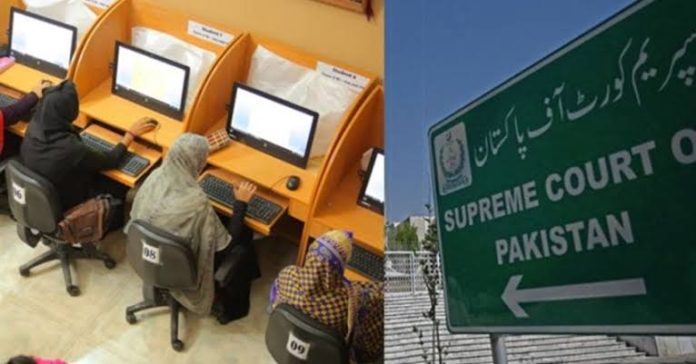In a historic and important ruling, the Supreme Court of Pakistan has declared that married women have the right to inherit their deceased father’s government job under the employment quota system. This decision marks a significant step forward for women’s rights in the country.
Justice Mansoor Ali Shah, who gave the ruling, made it clear that denying this right to married daughters is unfair, discriminatory, and goes against the Constitution of Pakistan. He stressed that a woman does not lose her legal identity or her rights just because she gets married. Her status as a citizen remains the same, and so should her entitlement to any legal benefits, including job opportunities after the death or retirement of a parent.
The case was based on the Khyber Pakhtunkhwa (KP) Civil Servants Rules, which clearly state that all children—regardless of whether they are sons or daughters, and whether they are single or married—have an equal right to be considered for employment under the deceased or retired government employee’s job quota.
The Supreme Court also pointed to key parts of the Constitution, including Articles 25, 27, and 14, which protect the rights of citizens, promote equality, and ensure dignity for all individuals. These articles were used to support the argument that married women should not be excluded from opportunities simply because of their marital status.
This judgment sets a strong example for other cases and sends a clear message that gender-based discrimination has no place in public policy or government employment. It is a powerful reminder that women, whether married or not, deserve the same rights and opportunities as men. The ruling is expected to have a positive impact on the lives of many women across the country and could lead to more legal reforms in the future that further promote gender equality in Pakistan.


